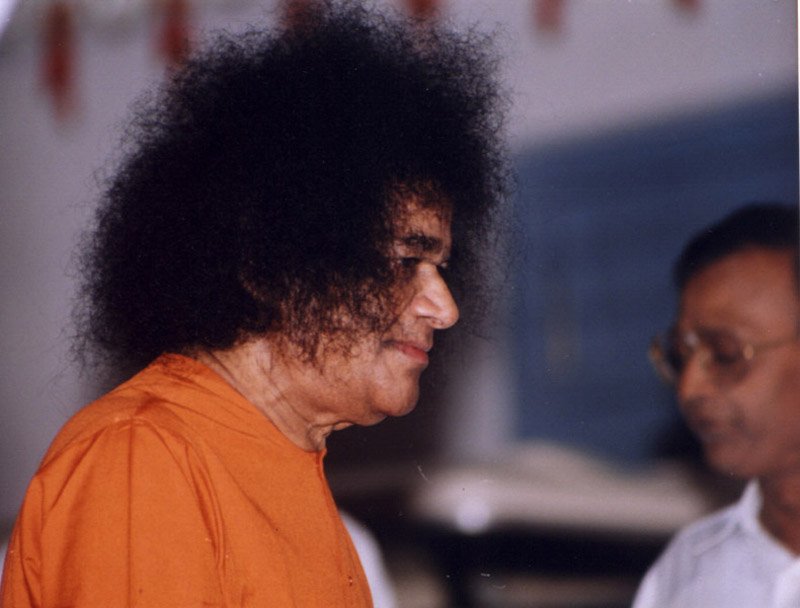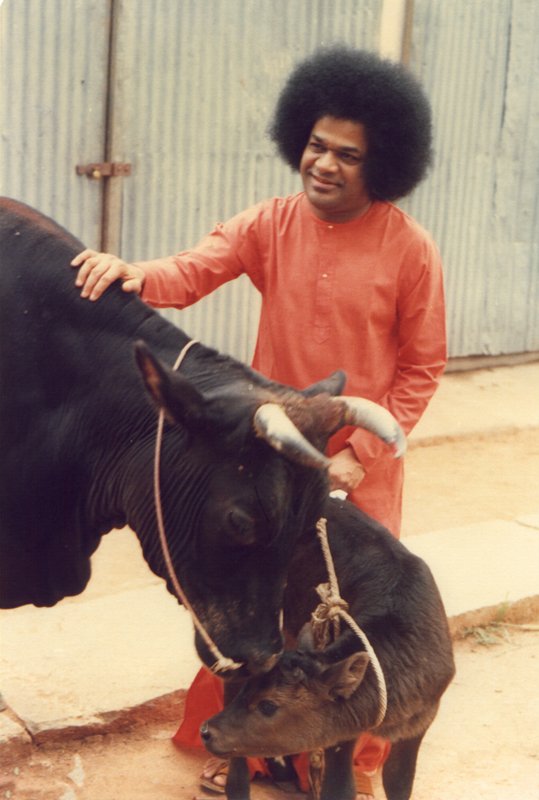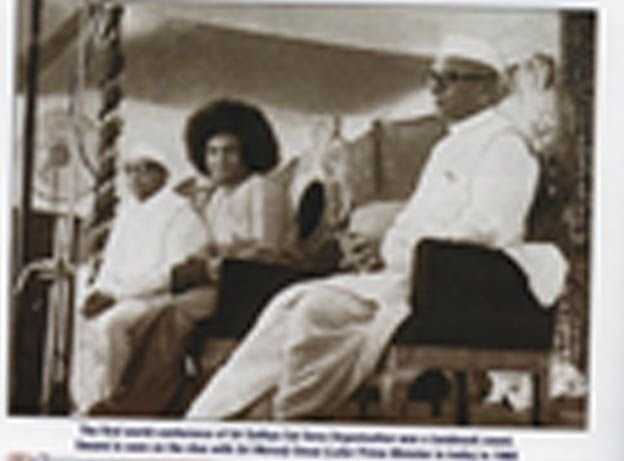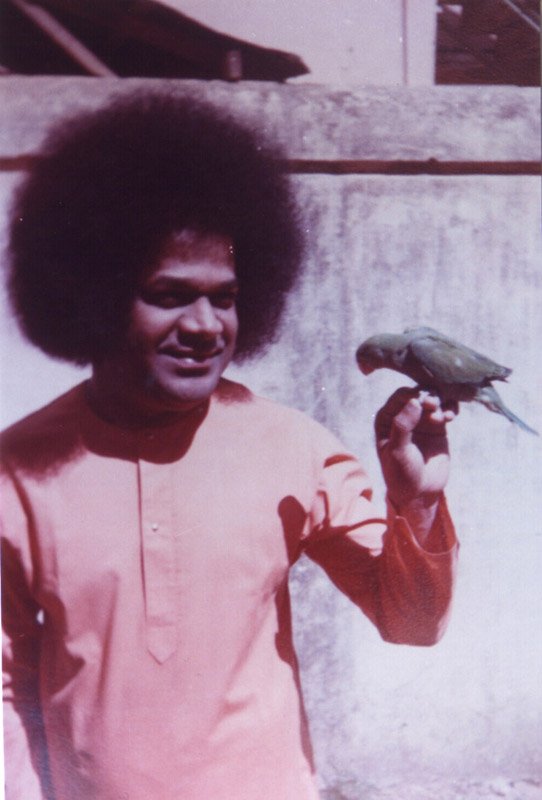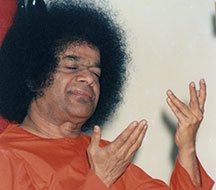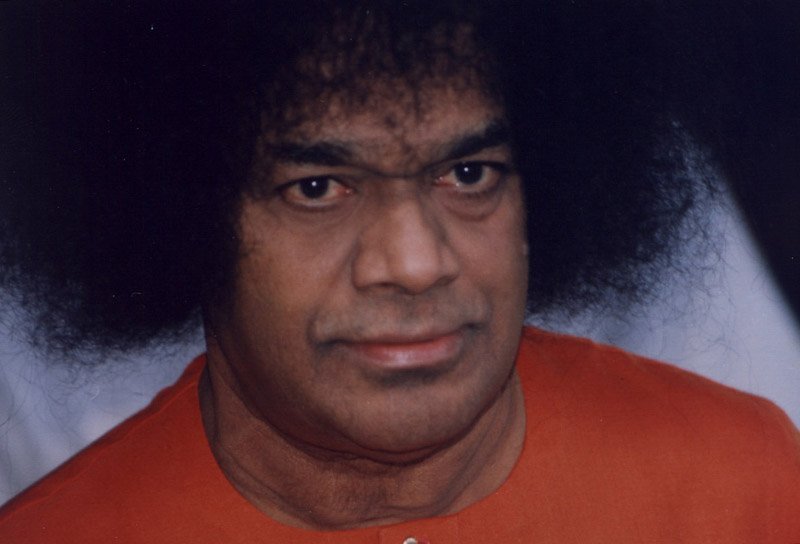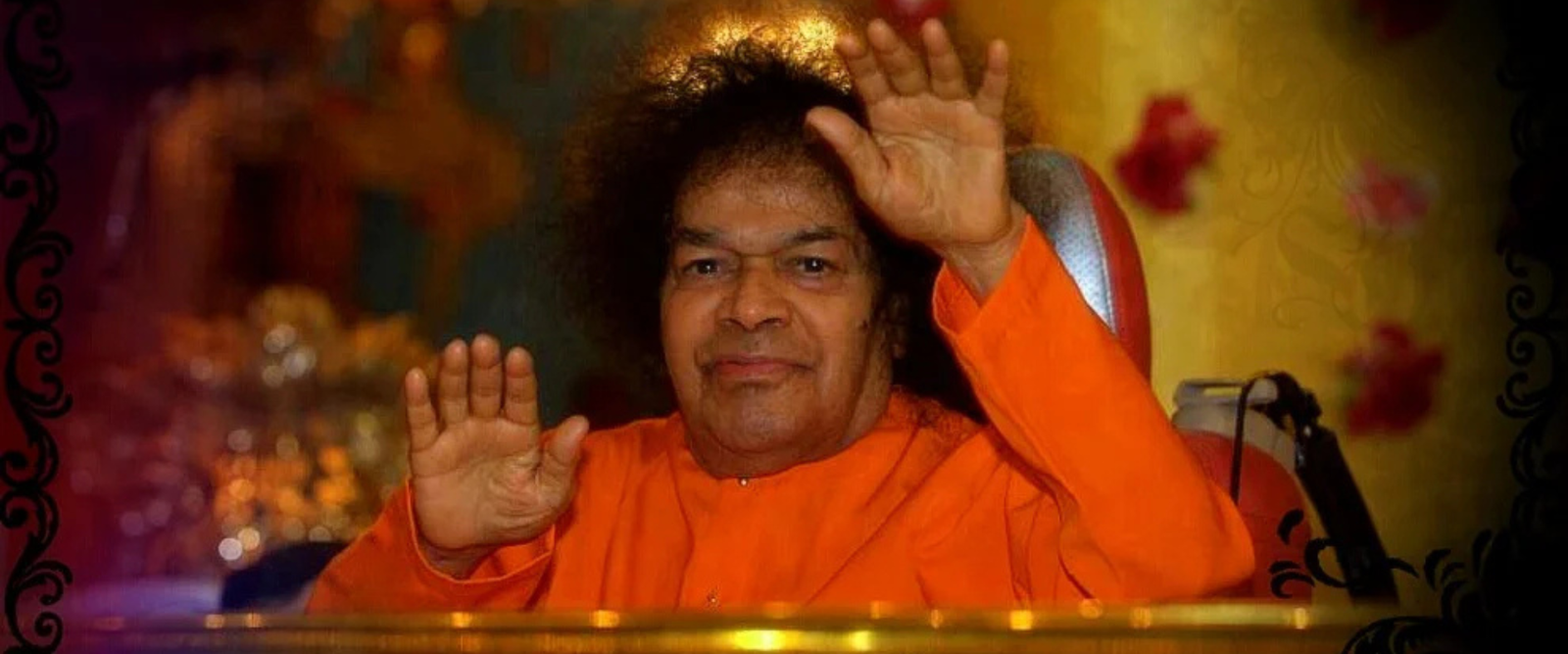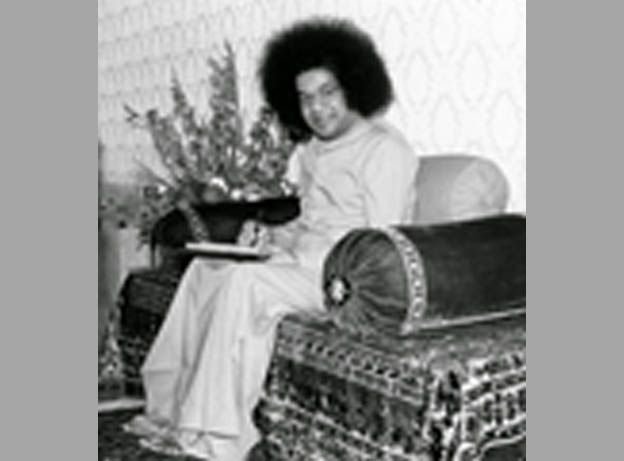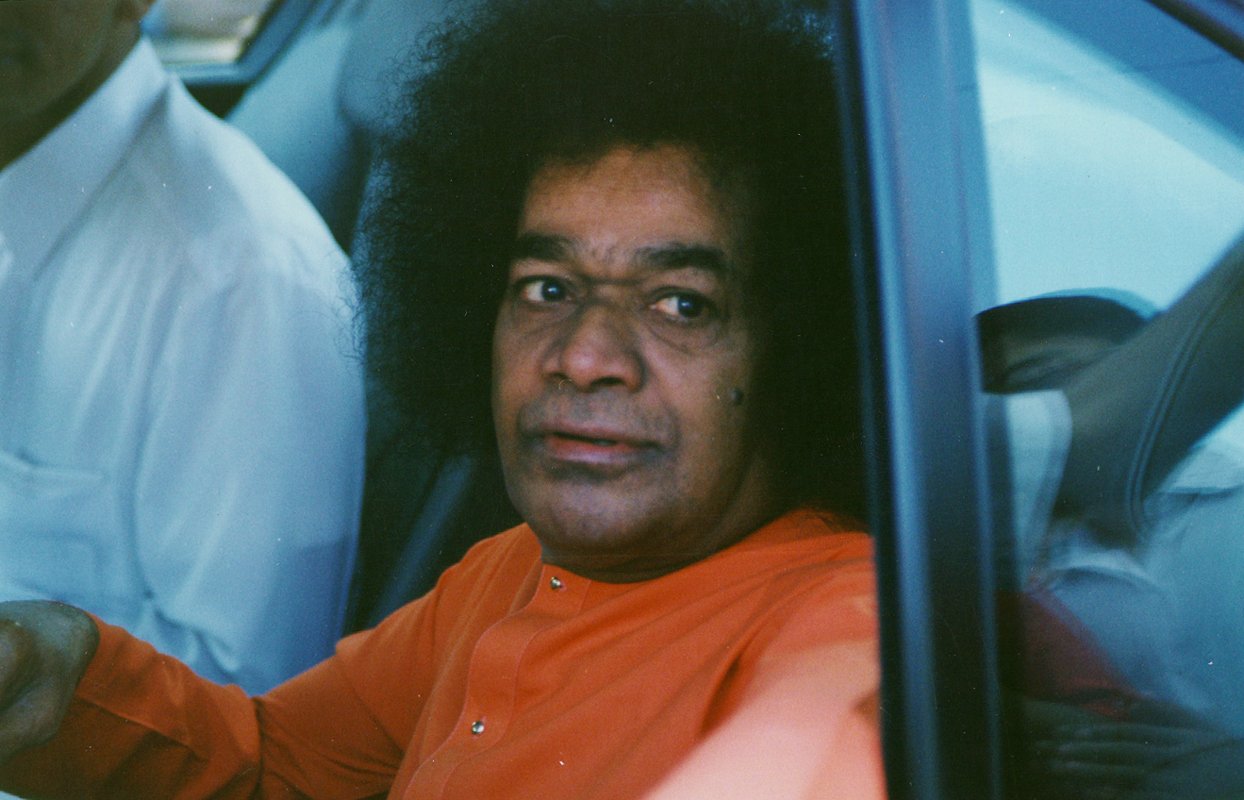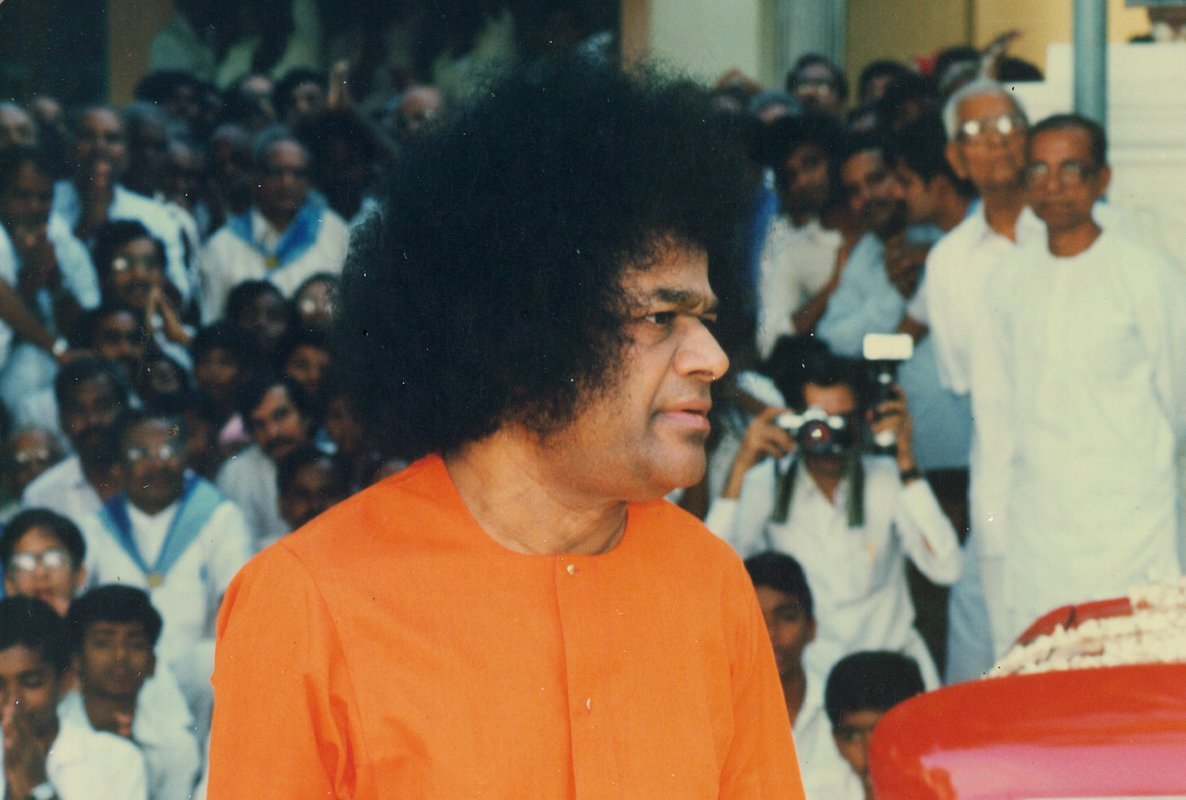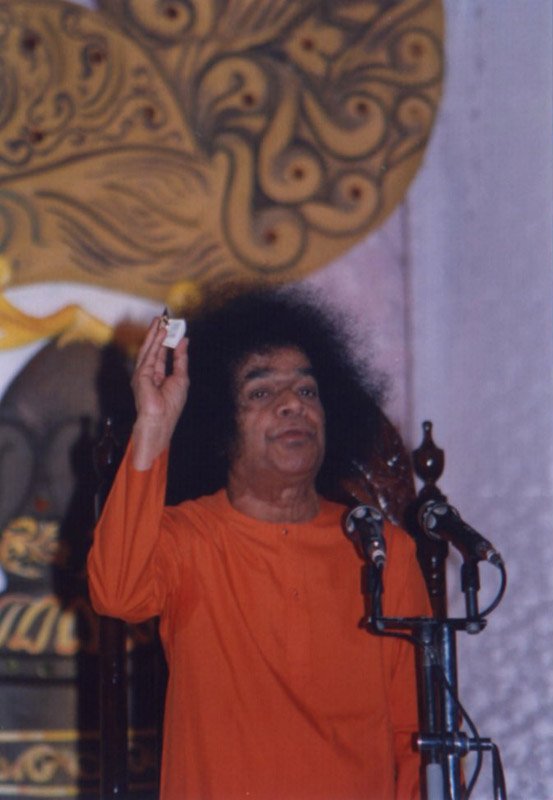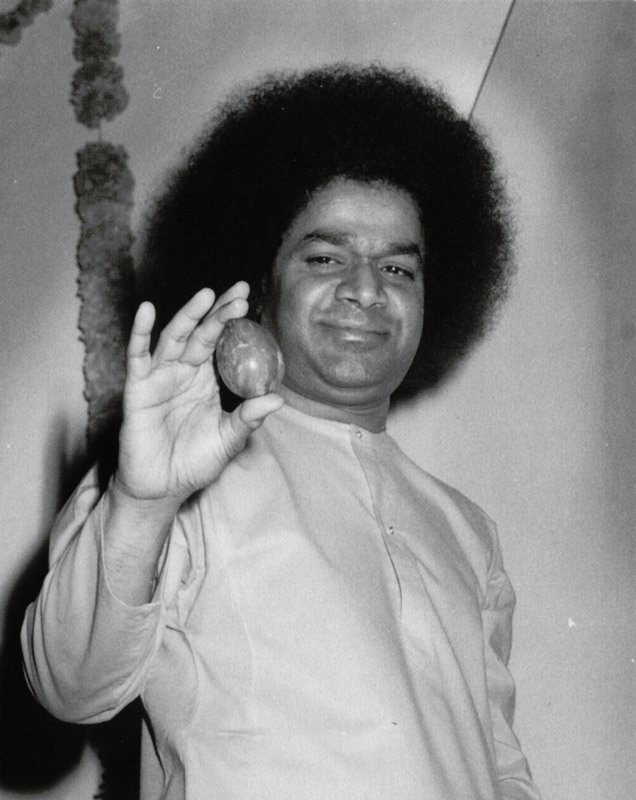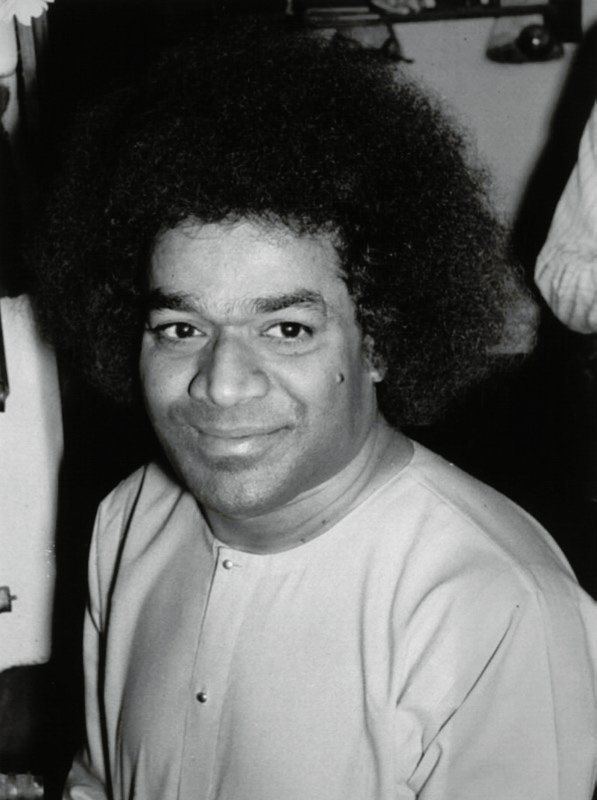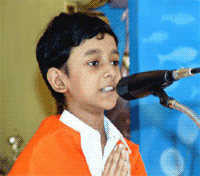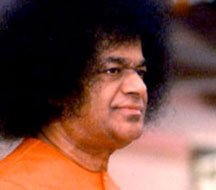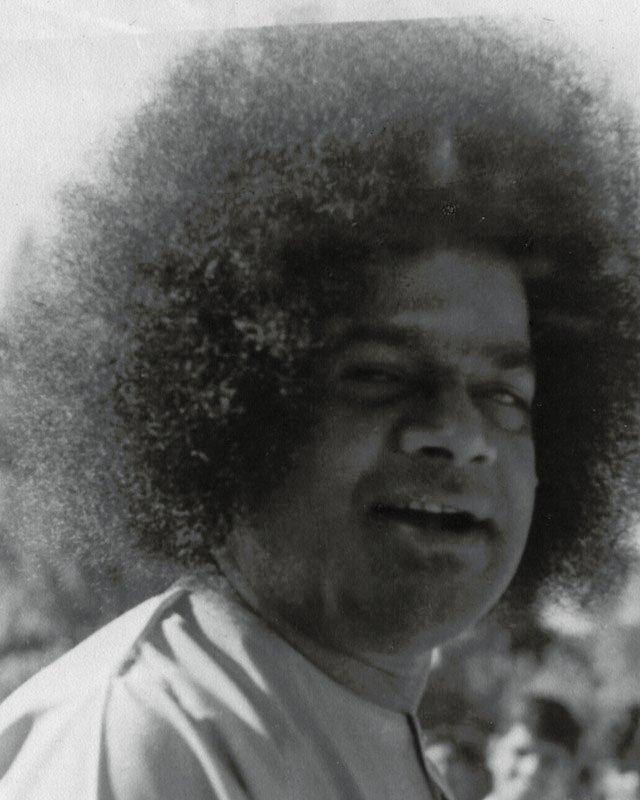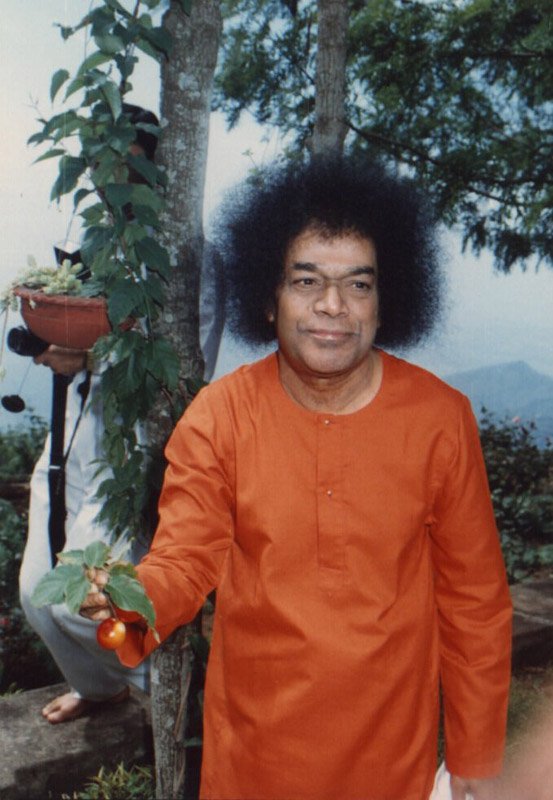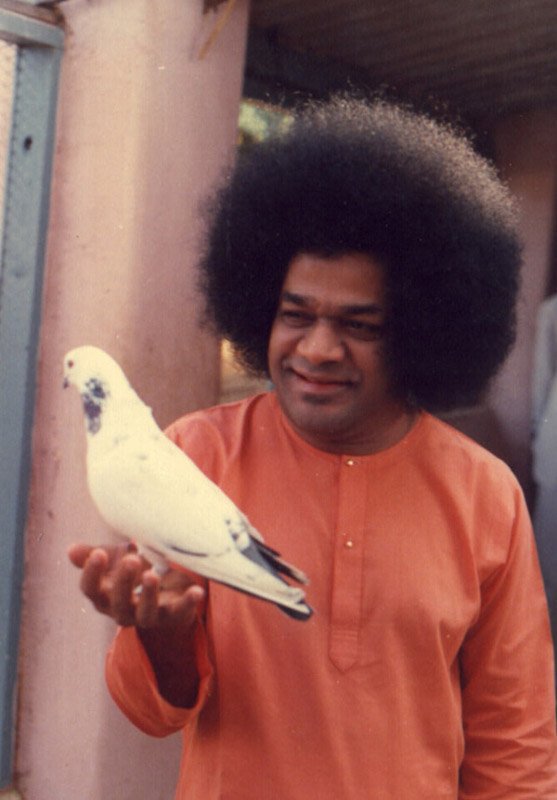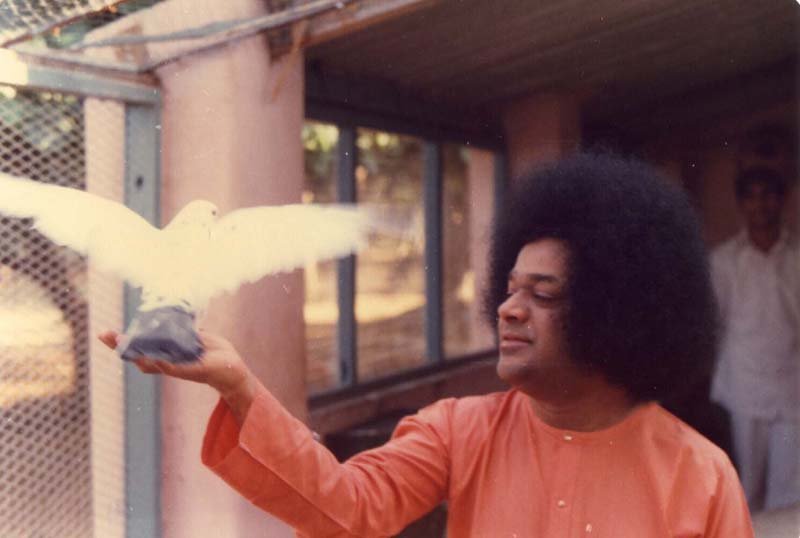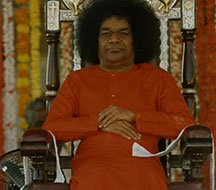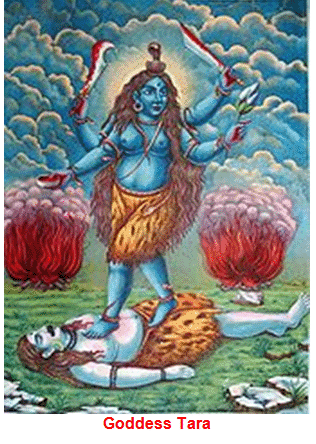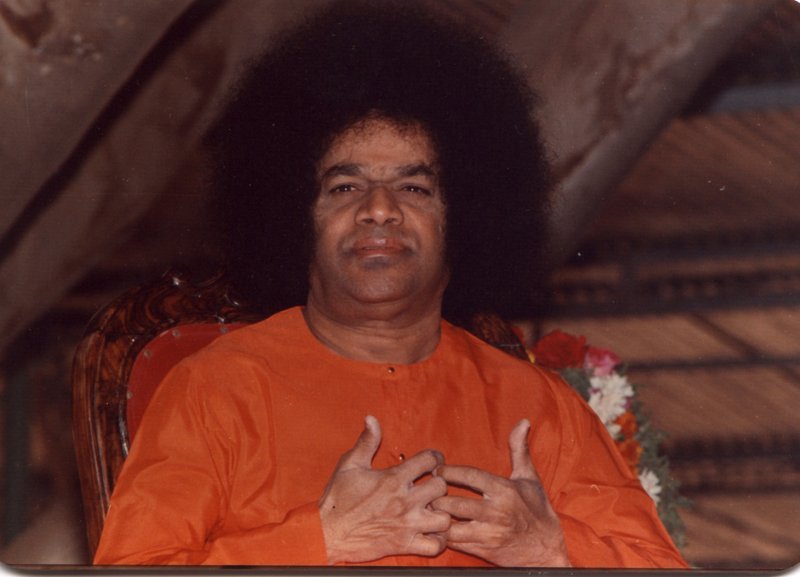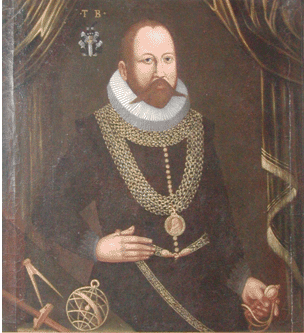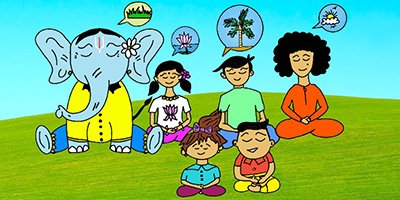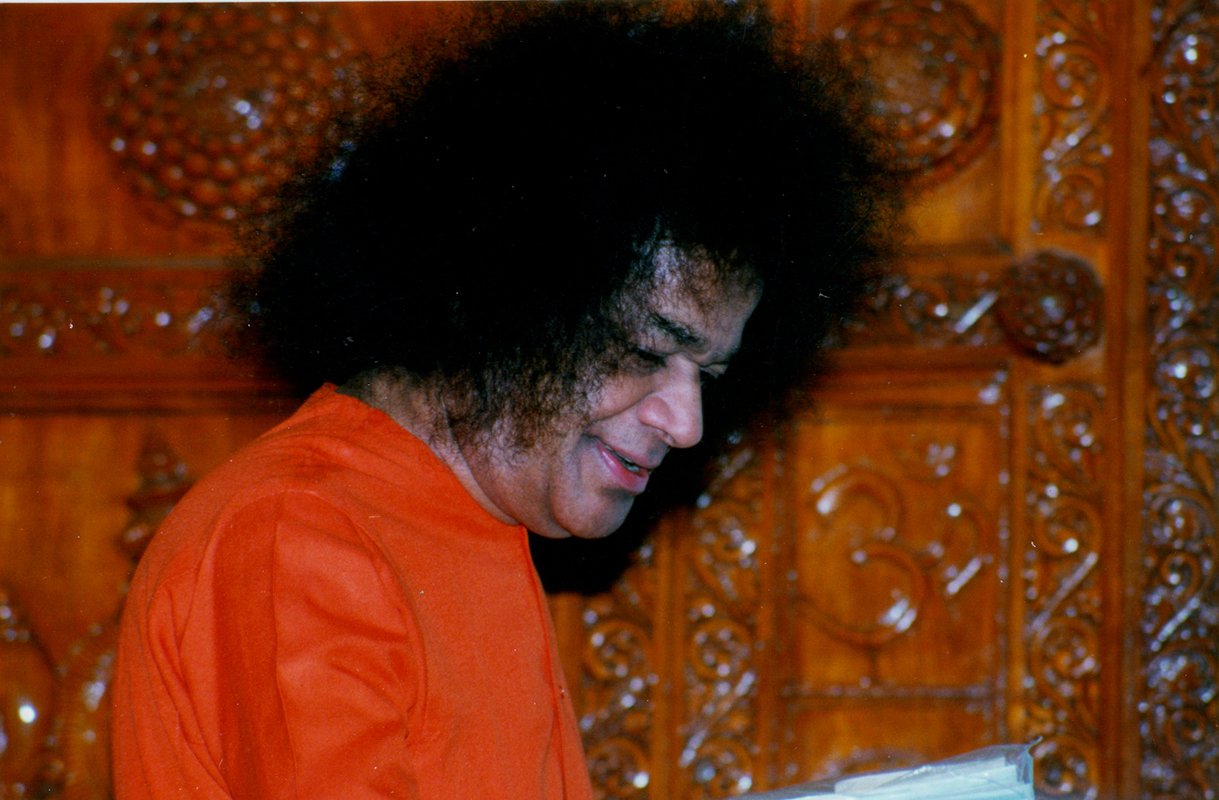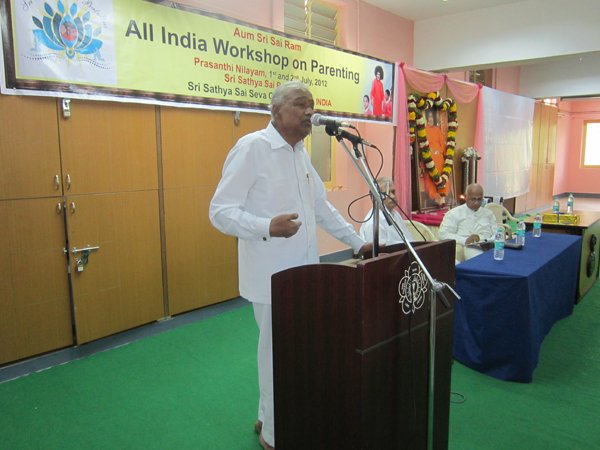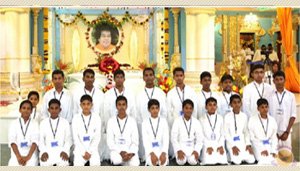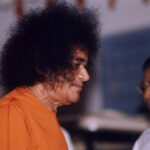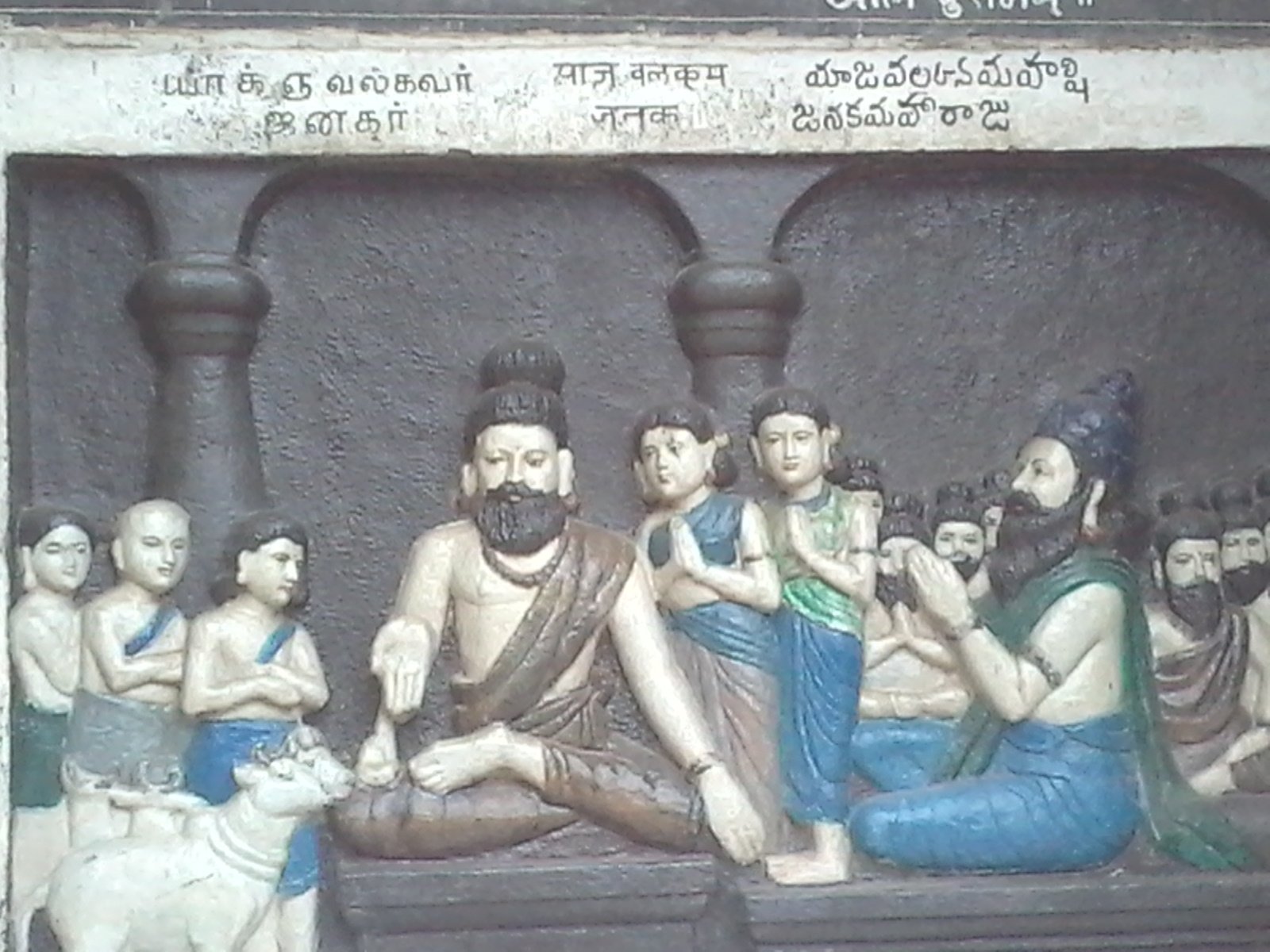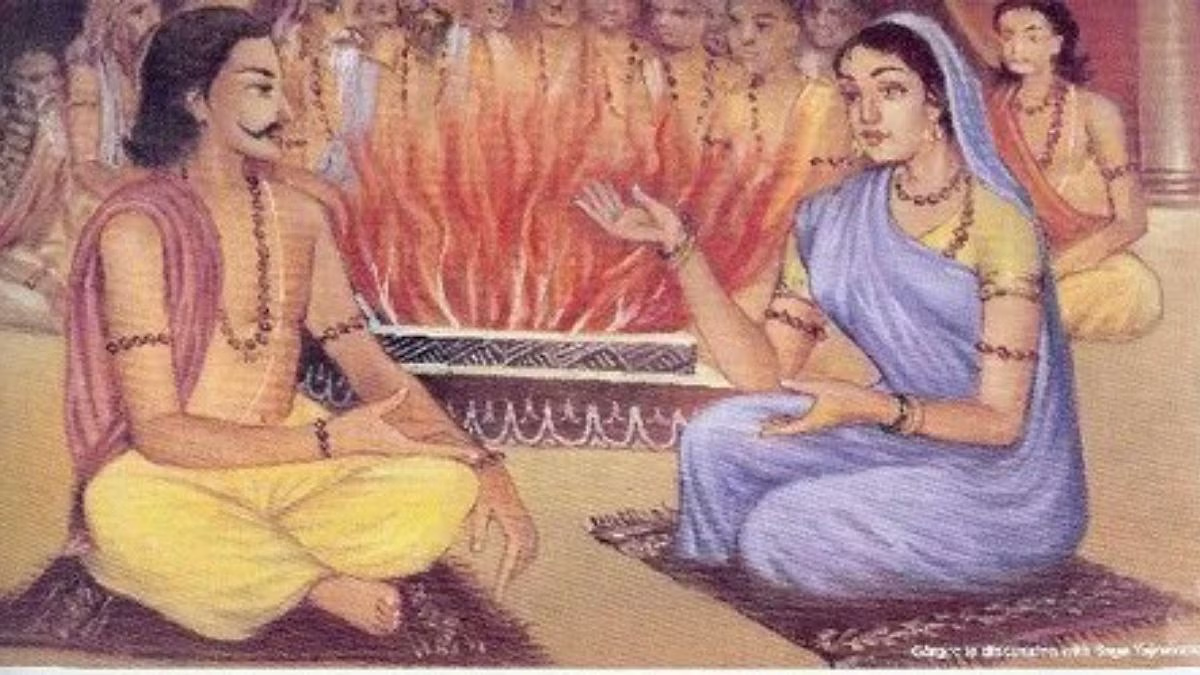Sant Yajnavalkya
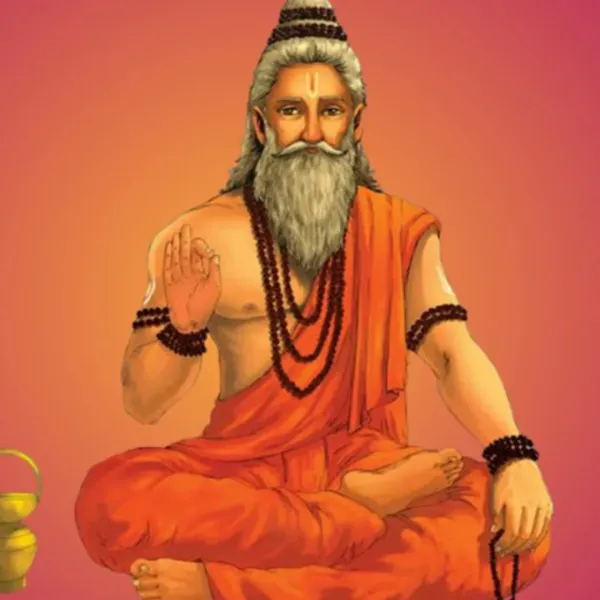
Sant Yajnavalkya.
YAJNAVALKYA was one of the great Brahmins and a supreme master of the Knowledge of Reality during the Upanishadic age. But it was not that he was only a man of Knowledge, deep and serious; he was also a fine humorist. That is, he combined his Knowledge with a keen sense of irony and fun. Here are some stories about him.
King Janaka was his contemporary. That would seem to place his story in the Upanishads about the time of the Ramayana although Rama or Sita does not figure anywhere there. King Janaka too was a man of Knowledge, a sage ┬Łking, rajarsi. But he had not taken any disciples.
Life history.
Gargi went on thus with her seemingly endless questions, but Yajnavalkya had to cry halt when he came to the world of Brahman. Yet Gargi asked him again, “And what con┬Łtains this world of Brahman?” Thereupon Yajnavalkya exclaimed, “Your questions are now going beyond the limit, Gargi. You have been asking too much, and if you ask more, your head will fall off.”
But she was going to make one last attempt. She told the learned assembly that she was going to put her last ques┬Łtions to Yajnavalkya, and this would be his final test. She then called out to Yajnavalkya, “Yajnavalkya, I am going to put two more questions to you. They are like couple of arrows. When the king of Videha goes to war, he pulls the bowstrings and shoots his arrows.
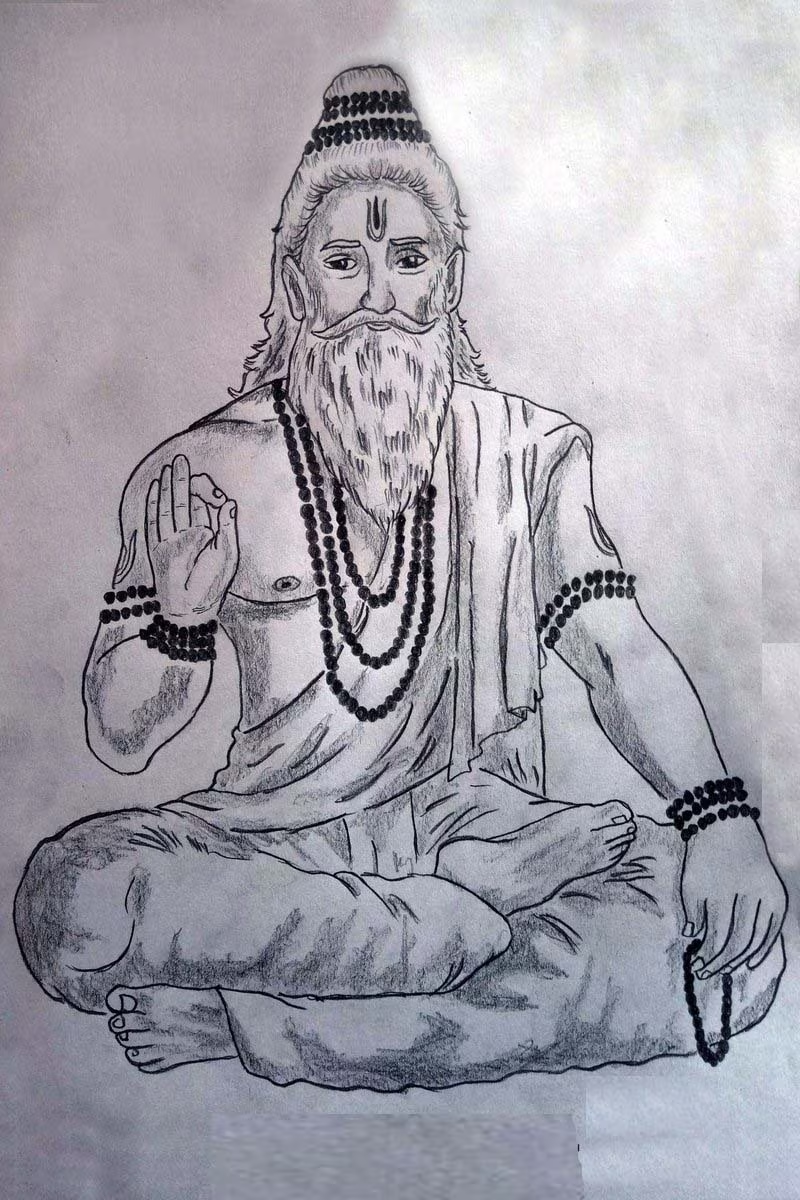
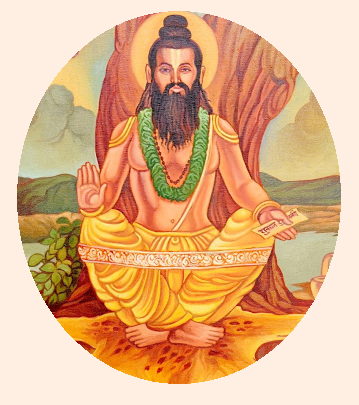
BLOGS & LIBRARY.
Yajnavalkya had two wives: Maitreyi and Katyayani. Of the two, Maitreyi was much interested in the knowledge of Brahman. Intending to enter into the monastic life Yajnavalkya wished to divide his property between the two wives before his departure. Maitreyi asked whether she could become immortal through wealth. Yajnavalkya replied that there was no hope of immortality through wealth and that she would only become one among the many who were well-to-do on earth. Hearing this Maitreyi refused to accept any wealth and desired to learn the means of immortality from the sage. Then Yajnavalkya described to her the greatness of the Absolute Self, the nature of Its existence, the way of attaining infinite knowledge and immortality, etc. This immortal conversation between Yajnavalkya and Maitreyi is recorded in the forth section of the second chapter of Brihadaranyaka Upanishad. The central theme of the discourse is this:
ŌĆ£All things are dear, not for their sake, but for the sake of the Self. This Self alone exists everywhere. So, the real Self should be heard of, reflected on and meditated upon ŌĆō and thus realised.ŌĆØ
At this Vaishampayana got angry and asked Yajnavalkya to give back all the knowledge of Yajurveda he taught him. As a result Yajnavalkya vomited all the knowledge that he acquired from his teacher in the form of eaten food. Yajnavalkya determined not to have any human guru thereafter. Thus he began to propitiate the Sun God for the purpose of acquiring fresh knowledge of the Veda not known to his preceptor, Vaishampayana. The Sun God, pleased with YajnavalkyaŌĆÖs penance graced the sage with such fresh portions of the Yajurveda as were not known to any other. This is how the Shukla or White Yajurveda came into existence.
Once king Janaka performed a major sacrifice in which he declared that a thousand cows each carrying a bag of gold coin will be presented the sage who claims to be the most eminent among the sages. None dared to come forward. After a long silence one sage stood up and ordered his disciples to take home the cows. Other sages questioned his right to take the cows.
nce all the Rishis decided to form an association near the Meru mountain and made a rule that any Rishi who absented himself at the appointed hour should incur the sin of Brahmahatya (the sin of killing a Brahmin) for seven days. On that appointed day fell the Sraddha ceremony of VaishampayanaŌĆÖs father. Vaishampayana thought, “Somehow I have to perform my fatherŌĆÖs ceremony. If the sin of┬ĀBrahmahatya┬Ācomes to me, my disciples will observe the expiatory penance therefor”. So Vaishampayana did not attend the meeting of the Rishis. And accordingly he incurred the sin of┬ĀBrahmahatya.
Then Vaishampayana said to his disciples, “Now I have to expiate this great sin of┬ĀBrahmahatya. Therefore, you all will observe, for my sake, an expiatory penance for seven days”.
At once Yajnavalkya stood up and said, “O Guru! All these are poor-spirited young students. They will not be able to undergo such a hard penance. So, instead of all, I myself alone shall observe it in the manner in which nobody else can”. Vaishampayana told Yajnavalkya not to undertake it alone. But Yajnavalkya persisted. The preceptor was offended at this audacious attitude of the disciple and said, “O proud one, you are very conceited. You get away from me. Enough of you who is disposed to despise wise Brahmins. Give back to me immediately whatever you have learnt from me”.
Upon the order of the Guru, Yajnavalkya, the son of Devarata, vomited out the collection of the Yajus in the form of food. The other disciples ate that food taking the form of the Tittiri birds, because they were very eager to receive the same. They then had the direct revelation of those Yajurveda collections. As the Tittiri birds ate this Veda, it is thenceforth called the Taittiriya Yajurveda. It is also known as Krishna (black) Yajurveda on account of its being vomited substance.┬Ā
Then Yajnavalkya determined not to have any human Guru thereafter. Thus he began to propitiate the Sun-God, Surya. Yajnavalkya worshipped and extolled the Sun, the master of the Vedas, for the purpose of acquiring the fresh Vedic portions not known to his preceptor, Vaishampayana.┬Ā
Yajnavalkya said, “Prostration to the glorious Aditya, who in the form of the Atman, abides in all beings. I bow to Him who surrounds all like Akasa, who is one and not separated or distanced by limiting conditions. O Great God, O Creator, I contemplate upon that glowing sphere which lights and warms the whole world! O God who burns all miseries wrought by unrighteous activities, who burns ignorance which is the seed of activity! O Lord, I worship Thy lotus-like feet praised and worshipped by the rulers of the three worlds. Give me those portions of the Veda which are not known to others”.
The Sun-God, the glorious Lord Hari, pleased with YajnavalkyaŌĆÖs penance, assumed the form of a horse and taught the sage such fresh portions of the Yajurveda as were not known to any other. This portion of the Yajurveda goes by the name of Shukla Yajurveda. It is also known as Vajasaneya Yajurveda, because it was evolved in great rapidity by Surya in the form of a horse through his manes. Yajnavalkya divided this Vajasaneya Yajurveda again into fifteen branches, each branch comprising hundreds of Yajus Mantras. Kanva, Madhyandina and others learnt those branches.
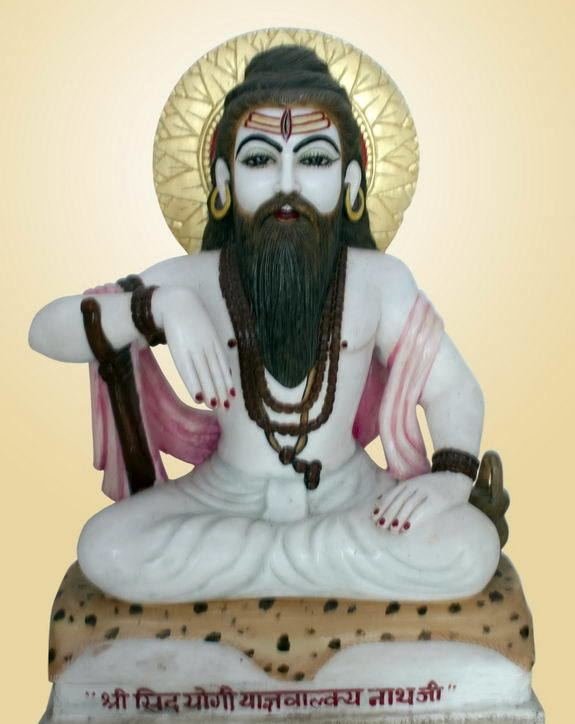
Yajnavalkya married two wives. One was Maitreyi and the other Katyayani. Of the two, Maitreyi was a Brahmavadini. When Yajnavalkya wished to divide his property between the two wives before starting for the fourth Ashrama of his life, Maitreyi asked whether she could become immortal through wealth. Yajnavalkya replied that there was no hope of immortality through wealth and that she would only become one among the many who were well-to-do on earth.
The other Brahmanas got angry at this and said to one another, “How can he declare himself to be the best among us?”. Thereupon several Rishis challenged Yajnavalkya with many questions on transcendental matters to all of which Yajnavalkya gave prompt reply.
┬ĀThere was a great debate in which Yajnavalkya won over all the others. Janaka was convinced that Yajnavalkya was the best Brahma-nishtha and received Brahma Vidya from him thereafter.
Source: divineindians

